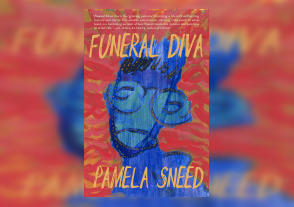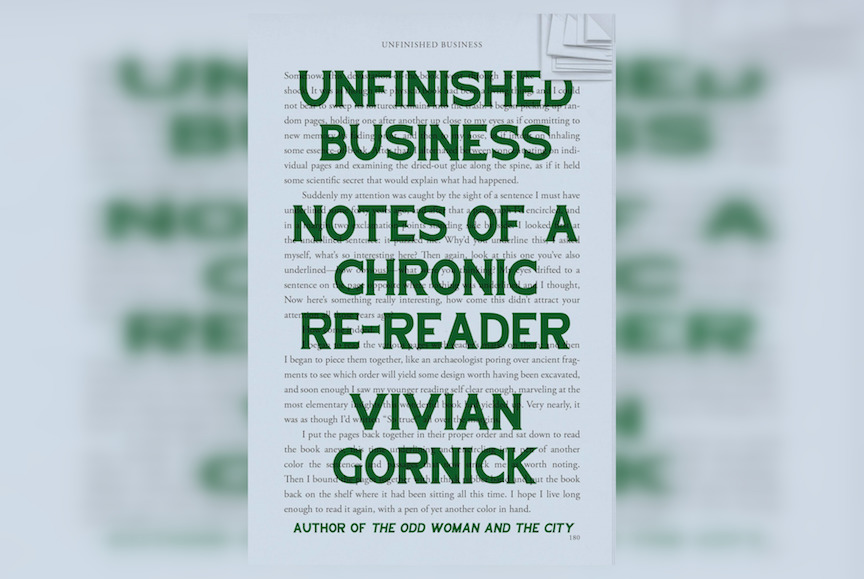Pamela Sneed remembers her childhood: “Even my era did not allow me to be little innocent / A threat if I spoke up / A competitor for middle class white girls / who had the world handed to them / And resented me/you for surviving / thriving despite all the odds” (Twizzlers), living against the world who put so much on her back. In the memoir/poetry collection, Funeral Diva, Sneed offers us a glimpse into the 1980s to the world we live in now, traveling through time to a place where Black and Brown LGBTQ+ youth were growing up dealing with the AIDS crisis, police brutality, and struggling to keep communities together in spite of it all. Sneed uses her voice to bring space for the Black community, her eyes paint the image of growing up with terror at your front door and learning to absorb it and move forward.
In the namesake chapter of Sneed’s collection, “Funeral Diva”, she opens with the important message,
“During the 80s, that seemingly idyllic time when/ men men girls girls / I was part of a Black lesbian and gay movement. / I don’t know how or where it came from / but a lot of us found ourselves in New York City moving from small town safety / outer boroughs and families / with hopes of discovering the big apple.”
It seems the world was Sneed’s oyster. Coming from the entities that swept the world such as Audre Lord and James Baldwin, Sneed emphasizes the importance of role models and community that allowed her to move forward in the movement for Black Power and change.
Sneed emphasizes the plight of Black Americans not only by portraying the AIDS crisis, but watching people she loved die and seeing other people die, along with the violence of police brutality that was creeping into the communities that she holds dear.
This collection is a template for people wanting to understand identity – the need to hear, see, smell, and witness. Sneed offers emotion in the face of death, that brings light out of the body.
Sneed beckons, in the piece, “Never Again”, that “Black women [are] fighting to give language/resistance / but it only matters when a celebrity says or does it… May we never sell ourselves into slavery again / But it is Again…”
Sneed is a resounding force in this collection, painting history and tragedy as a journey to witness and learn from. With “who will pray now/ for us / America” (Rope-A Dope), Sneed cascades between the 80s and now, the killings of Sandra Bland, Steve Biko, all the names people are afraid to say, written down in remembrance.
Sneed destroys the genre and makes it her own. Part lyric, part document, part memoir, part poetry, it blends into a garment that distills time and holds it glittering. Sneed gives constant praise to the people who came before her, who are there with her now, never forgetting a single name on the road of life and death and longevity. Sneed reclaims history, language, makes us see the visceral image of experience. This collection showcases important concepts of change, adaptation, reclamation. Sneed winds the world up and tilts it for the reader to see the transformation that death and violence have on a Queer Black Body. She brings out the soul, the artistry, and shows it for all to see. In the final piece in her collection, she sings hope,
“And then I understand what it all means / If we can survive / have equipment means money / support conditions / There are also other possibilities / We can heal.” (Why I Cling to Flowers).




